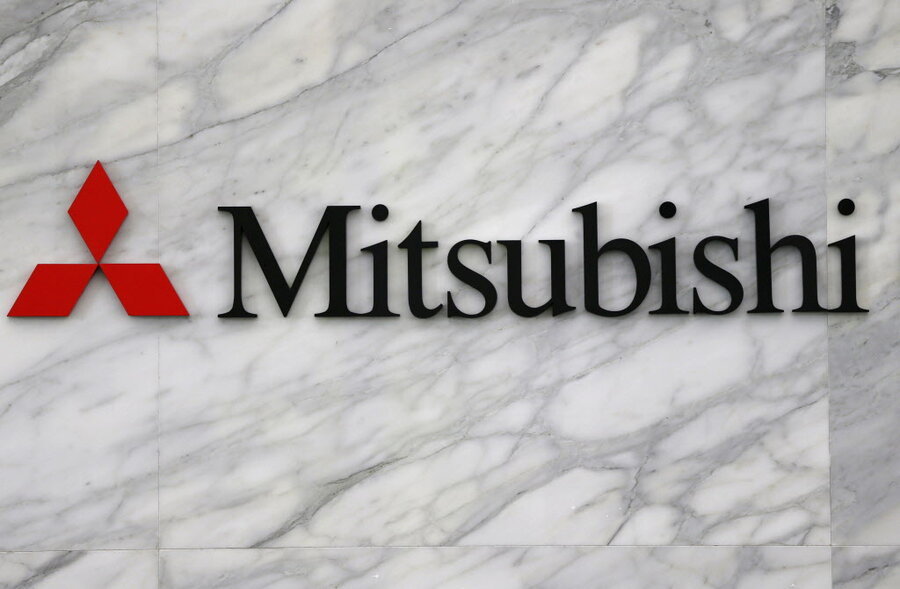EPA orders new tests in light of Mitsubishi's fuel economy fibs
Loading...
Last week, Mitsubishi admitted that it lied about fuel economy stats on 620,000 late-model Japanese vehicles. As it turns out, the company also failed to switch to new efficiency tests when Japan's standards changed 25 years ago, in 1991.
In light of those misdeeds, the Environmental Protection Agency has ordered Mitsubishi to conduct new fuel economy tests on its U.S.-market vehicles. The agency hasn't said whether it suspects Mitsubishi of any wrongdoing, nor has it released specifics about its demands for new efficiency tests. The EPA hasn't indicated whether it plans to conduct its own tests to verify results provided by Mitsubishi.
The National Highway Traffic Safety Administration is also getting involved, having asked the company for additional information about its vehicles.
How deep is the rabbit hole?
Initially, it was believed that Mitsubishi's fuel economy scandal was limited to minicars manufactured for the Japanese market, many of which were sold to Nissan. However, given the length of time that Mitsubishi has failed to follow Japan's auto regulations, it's very likely that other models were advertised and sold using inaccurate efficiency stats.
Why would Mitsubishi do such a thing? For the same reason that Volkswagen engineers--or rather, Audi engineers--created cheat devices for diesel vehicles: because employees felt pressure to comply with internal goals at all costs. Mitsubishi, like Volkswagen, has launched an internal investigation to determine when and where the problem started and how it evolved.
The future of Mitsubishi
Mitsubishi has lost nearly $4 billion--half its market value--since the scandal became front-page news last week. That's bad news for the company's American fans.
Mitsubishi does well enough in Japan, where it's ranked as the country's sixth-largest automaker. In the U.S., however, Mitsubishi has never fully recovered from the Great Recession. The company hasn't broken the 100,000-sales mark here since 2007, moving 95,342 cars and trucks in America last year. (To be fair, Mitsubishi's 2016 U.S. sales are up six percent over last year, but that stat dates from the end of March and could easily change as news of the scandal spreads.)
The question then becomes: what's Mitsubishi's "line in the sand"? When does America become a losing proposition, forcing the company to pull a Suzuki and pull out of the market? If the company's resources continue to shrink, its footprint may, too, and the U.S. could be among those who bid it farewell.
This article first appeared at The Car Connection.







